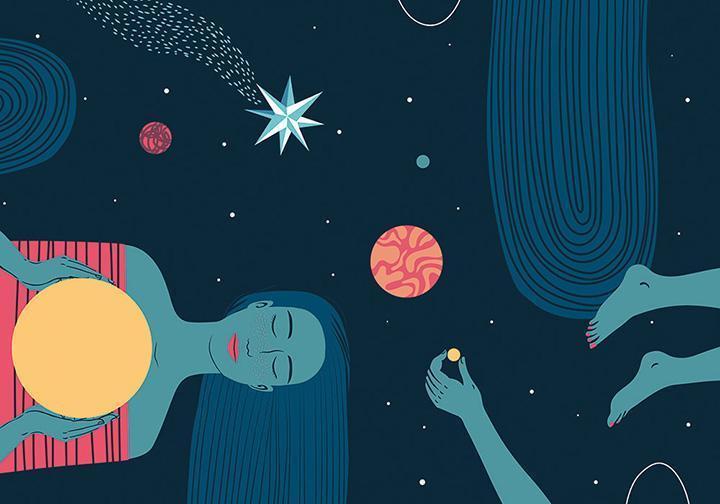Mind-and-Body Therapy: A Proven, Effective Approach to Your Wellbeing
Mind-and-Body Therapy: A Proven, Effective Approach to Your Wellbeing
When most people hear the phrase "mind-and-body therapy," they get images of old yogis practicing anatomically-impossible moves, or shamans sitting in a crumbling hut and chanting some ancient hymn.
But the truth of the matter is: Mind-and-body medicine includes some of the most modern, up-to-date tools and techniques practiced by many leading psychologists and physicians (such as cognitive-behavioral therapy, biofeedback training,) as well as many ancient, time-tested healing practices (such as yoga, meditation, and relaxation techniques).
Hippocrates once wrote that "the natural healing force within each one of us is the greatest force in getting well." Notice that this was the Father of Medicine, who wrote the Hippocratic Oath taken by every physician all over the world to this day, so we can safely assume that the man knew a thing or two about health and wellbeing.
Most ancient healing practices have always emphasized the links between the mind and the body – or what we usually call the "mind-body connection." But what does this actually mean?
Simply put, our thoughts, feelings, beliefs, and attitudes can positively or negatively affect our biological functioning. At the same time, what we do with our physical body (what we eat, how much we exercise, and even our posture) can impact our mental state (again positively or negatively). This results in a complex interrelationship between our minds and bodies.
On the other hand, Western medical views were shaped by systems of thought that emphasized the opposite – that the mind and body are separate. This view, however, has been increasingly challenged by recent scientific discoveries, and mind-and-body programs are now established at prestigious medical schools in the United States and around the world.
Mind-and-body therapy is generally very safe and works well when combined with usual medical care. It has been used effectively with conditions ranging from anxiety and depression, to high blood pressure and coronary disease, diabetes, insomnia, and even cancer.
And the great news is that, while difficult cases would usually benefit most from the guidance of a competent mind-and-body therapist, some techniques can be used at the comfort of your home, such as visualization, journaling, and even gentle yoga.
In short, mind-and-body therapies are a great companion to modern medicine, and they present simple, proven, and highly effective tools for your overall health and wellbeing. After all, your body (and mind) deserve the best.
Be the first to post a message!
